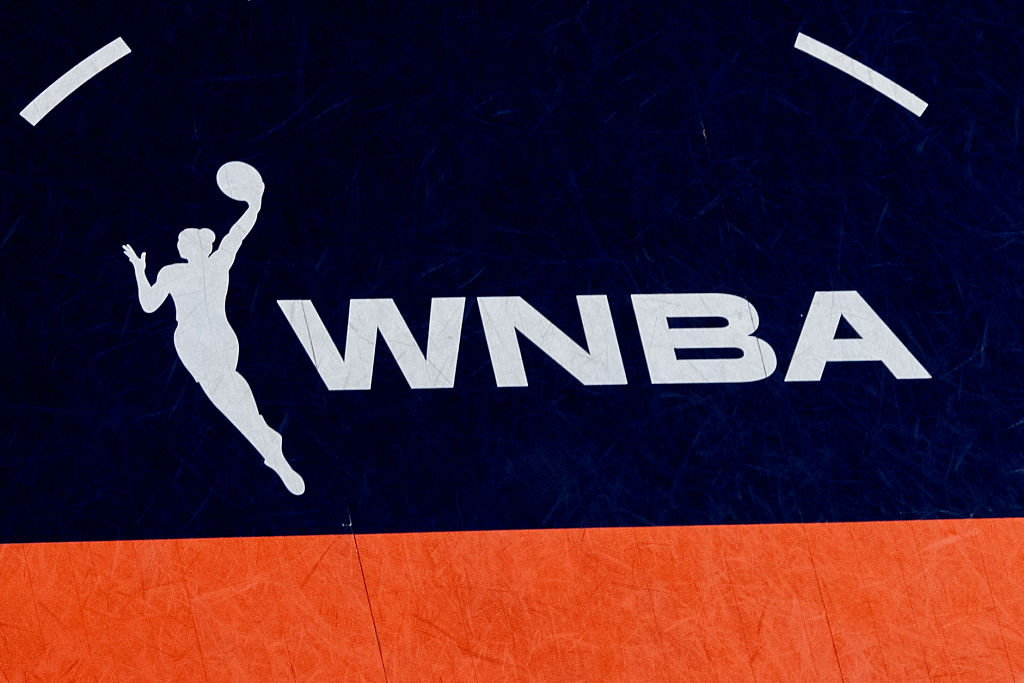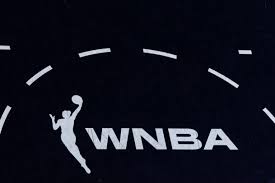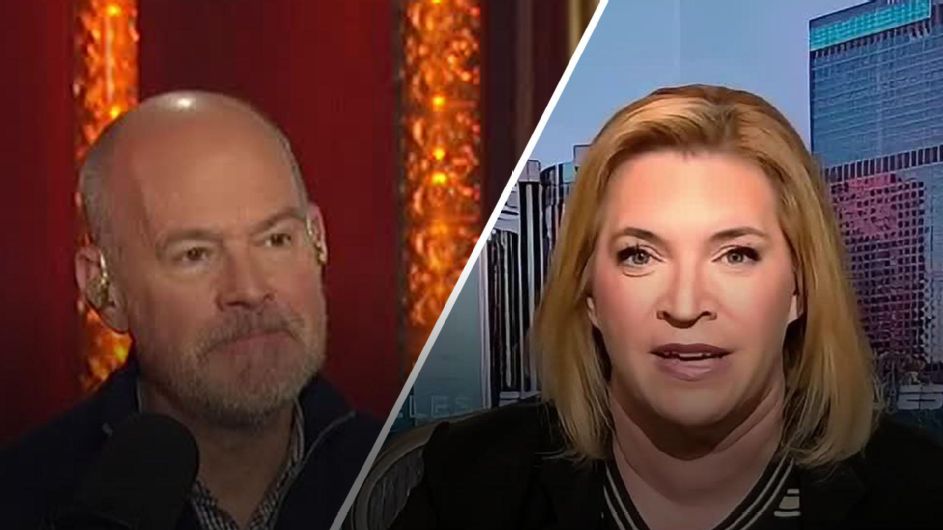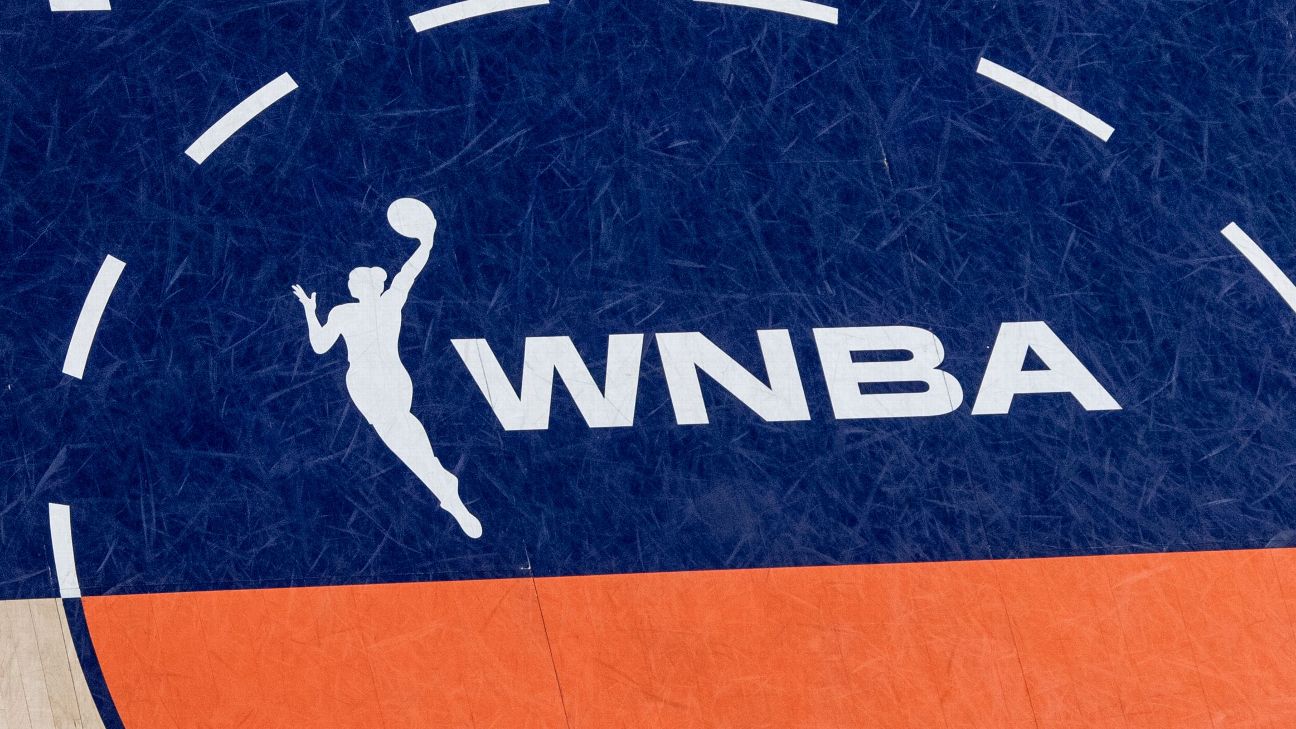WNBA and Players' Union Ink Crucial CBA Extension, Future Talks Loom

The Women's National Basketball Association (WNBA) and the Women's National Basketball Players Association (WNBPA) have agreed to a 30-day extension of their current collective bargaining agreement (CBA), pushing the expiration date to November 30. This decision comes just ahead of the original Friday deadline, a situation that could have otherwise led to a potential work stoppage, either through a player strike or an owner-initiated lockout. The WNBPA had opted out of the previous CBA over a year ago, aiming to negotiate a new "transformative" deal that would reflect the league's significant growth in recent years.
Negotiations have been marked by escalating tensions and sharp words between both parties. WNBPA counsel Erin D. Drake had previously stated that a deal by the original deadline was unlikely, accusing the league of a lack of urgency. The league, in turn, urged the union to engage more constructively rather than disseminating "public misinformation." Although the league had proposed an extension earlier, which the players initially seemed hesitant to accept "under the right circumstances," an agreement was ultimately reached by Thursday evening.
This 30-day extension provides both sides with additional time to continue negotiations. Historically, the WNBPA and WNBA agreed to a 60-day extension during the 2019 CBA talks before ratifying a new deal in January 2020. However, the current situation is more time-sensitive, with a two-team expansion draft for the Portland Fire and Toronto Tempo, and a massive free agency period involving nearly all veteran players seeking new deals before the anticipated May 2026 season tip-off. While meetings occurred multiple times this week, the frequency of future meetings during the extension period remains unclear. Should no deal be reached by November 30, another extension is possible. Alternatively, the parties could enter a "status quo" phase where current CBA conditions prevail, though this would open the door to a work stoppage, which sources across the league currently do not believe is imminent.
The primary sticking point in negotiations revolves around the salary system and revenue sharing. Players advocate for a salary structure that grows with the business, akin to the NBA's model, which ties salaries to basketball-related income, rather than the current fixed-rate system. NBA commissioner Adam Silver indicated that WNBA players could expect a "big increase" in salaries, with Front Office Sports reporting earlier figures around $850,000 for a supermax and $300,000 for a veteran minimum, significantly higher than the 2025 rates of $249,244 and $66,079 respectively. The union has criticized the league's proposals as "put[ting] lipstick on a pig" and intentionally undervaluing players, demanding a system tied directly to business performance. The league, conversely, insists it has offered an "uncapped revenue sharing model directly tied to the league's performance," while stressing the need to balance increased salaries with the league's long-term viability, and has claimed the Players Association has yet to offer a viable economic proposal.
Beyond compensation, several other priorities are on the table. Players are seeking to establish minimum professional standards for facilities and staffing, formalize the league's charter travel program introduced in the 2024 season, and expand retirement along with pregnancy/family planning benefits. These topics were among the few points of agreement identified by WNBPA Vice President Breanna Stewart after a major meeting in July. Controversial rules like "prioritization," which mandates WNBA players' timely arrival for training camp even if it conflicts with other league commitments, are unlikely to be loosened by owners, especially with anticipated salary hikes. Players also desire to weaken or abolish the "core" system, which functions similarly to the NFL's franchise tag and was already significantly reduced in the last CBA.
The condensed offseason schedule presents significant challenges. The expansion draft for Portland and Toronto cannot proceed until new roster rules are finalized within the CBA. Following that, free agency promises unprecedented uncertainty, with nearly half the league's players becoming unrestricted. While previous NBA lockouts showed rapid transitions from preliminary agreements to training camps, the scope of WNBA free agency and potential overhaul of the salary cap make a swift turnaround complex. Ideally, the league aims for an agreement by early January to prevent substantial delays to the typical offseason, a timeline particularly crucial for the new expansion teams to begin building their rosters and promoting their inaugural seasons.
You may also like...
Super Eagles Fury! Coach Eric Chelle Slammed Over Shocking $130K Salary Demand!
)
Super Eagles head coach Eric Chelle's demands for a $130,000 monthly salary and extensive benefits have ignited a major ...
Premier League Immortal! James Milner Shatters Appearance Record, Klopp Hails Legend!

Football icon James Milner has surpassed Gareth Barry's Premier League appearance record, making his 654th outing at age...
Starfleet Shockwave: Fans Missed Key Detail in 'Deep Space Nine' Icon's 'Starfleet Academy' Return!

Starfleet Academy's latest episode features the long-awaited return of Jake Sisko, honoring his legendary father, Captai...
Rhaenyra's Destiny: 'House of the Dragon' Hints at Shocking Game of Thrones Finale Twist!

The 'House of the Dragon' Season 3 teaser hints at a dark path for Rhaenyra, suggesting she may descend into madness. He...
Amidah Lateef Unveils Shocking Truth About Nigerian University Hostel Crisis!

Many university students are forced to live off-campus due to limited hostel spaces, facing daily commutes, financial bu...
African Development Soars: Eswatini Hails Ethiopia's Ambitious Mega Projects

The Kingdom of Eswatini has lauded Ethiopia's significant strides in large-scale development projects, particularly high...
West African Tensions Mount: Ghana Drags Togo to Arbitration Over Maritime Borders

Ghana has initiated international arbitration under UNCLOS to settle its long-standing maritime boundary dispute with To...
Indian AI Arena Ignites: Sarvam Unleashes Indus AI Chat App in Fierce Market Battle

Sarvam, an Indian AI startup, has launched its Indus chat app, powered by its 105-billion-parameter large language model...



